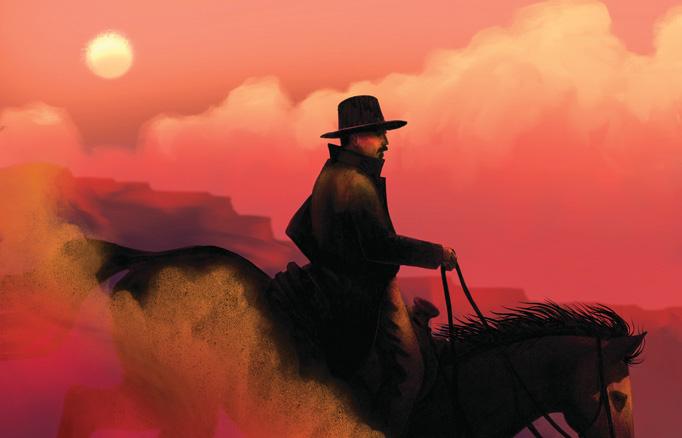
Westerns are an inherently political genre, for the obvious reason that they depict (or distort or interrogate) American history. But they are also political in that they show the birth of the polis itself—the institutions of modern urban society, with their laborers, clerks, merchants, teachers, sheriffs, entertainers. Where philosophers from Plato to Rousseau sought to imagine the development of civil society from first principles, the makers of Westerns—John Ford, Howard Hawks, Raoul Walsh—showed it being created from the ground up, by hands-on labor.
Unlike the blank pages awaiting philosophers’ fancies, the American West was already inhabited, and the Indigenous peoples living there had well-developed social orders, so Westerns are, unavoidably, tales of conquest and subjection. Westerns, which emerged around the dawn of the twentieth century—while the westward expansion that they depicted was still going on—have often served to whitewash a bloody past and ease the mainstream conscience. If the genre has a particular bent toward mythology, it’s because this episode of American history admits of no honest telling without shame and dishonor. The Western, at its worst, is a series of convenient lies, but the genre also encompasses works that look frankly at prejudice and at crimes against humanity. In John Ford’s “The Searchers” (1956), an Indian-hating warrior goes into self-imposed exile; Robert Aldrich’s “Apache” (1954) dramatizes the heroic struggle for freedom of Geronimo’s subchief, Massai.
Esta historia es de la edición July 08, 2024 de The New Yorker.
Comience su prueba gratuita de Magzter GOLD de 7 días para acceder a miles de historias premium seleccionadas y a más de 9,000 revistas y periódicos.
Ya eres suscriptor ? Conectar
Esta historia es de la edición July 08, 2024 de The New Yorker.
Comience su prueba gratuita de Magzter GOLD de 7 días para acceder a miles de historias premium seleccionadas y a más de 9,000 revistas y periódicos.
Ya eres suscriptor? Conectar
Techniques and cIdiosyncrasies
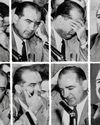
FEAR FACTOR
How the Red Scare reshaped American politics.
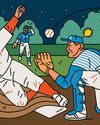
PLAYTIME
The old film studios had house styles: M-G-M’s was plush and sentimental, Warner Bros.’ stark and intense.

TIME AND PLACE
“Tatlin: Kyiv” explores a Russian Constructivist’s Ukrainian identity.

MOURNING BECOMES HER
Akram Khan’s “Gigenis: The Generation of the Earth.”
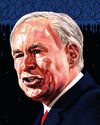
TEXAS ROUNDUP
How Greg Abbott made his state the staging ground for Donald Trump's mass-deportation campaign.

HOUSE CALL
To rent or to buy is the eternal question.
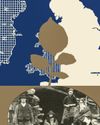
INDESCRIBABLE
The human disaster of the Irish famine.
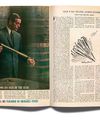
Louisa Thomas on John Updike's "Hub Fans Bid Kid Adieu"
The original idea was an assignation. On a dreary Wednesday in September, 1960, John Updike, \"falling in love, away from marriage,\" took a taxi to see his paramour.

LIP SERVICE
Zyn and the new nicotine gold rush.